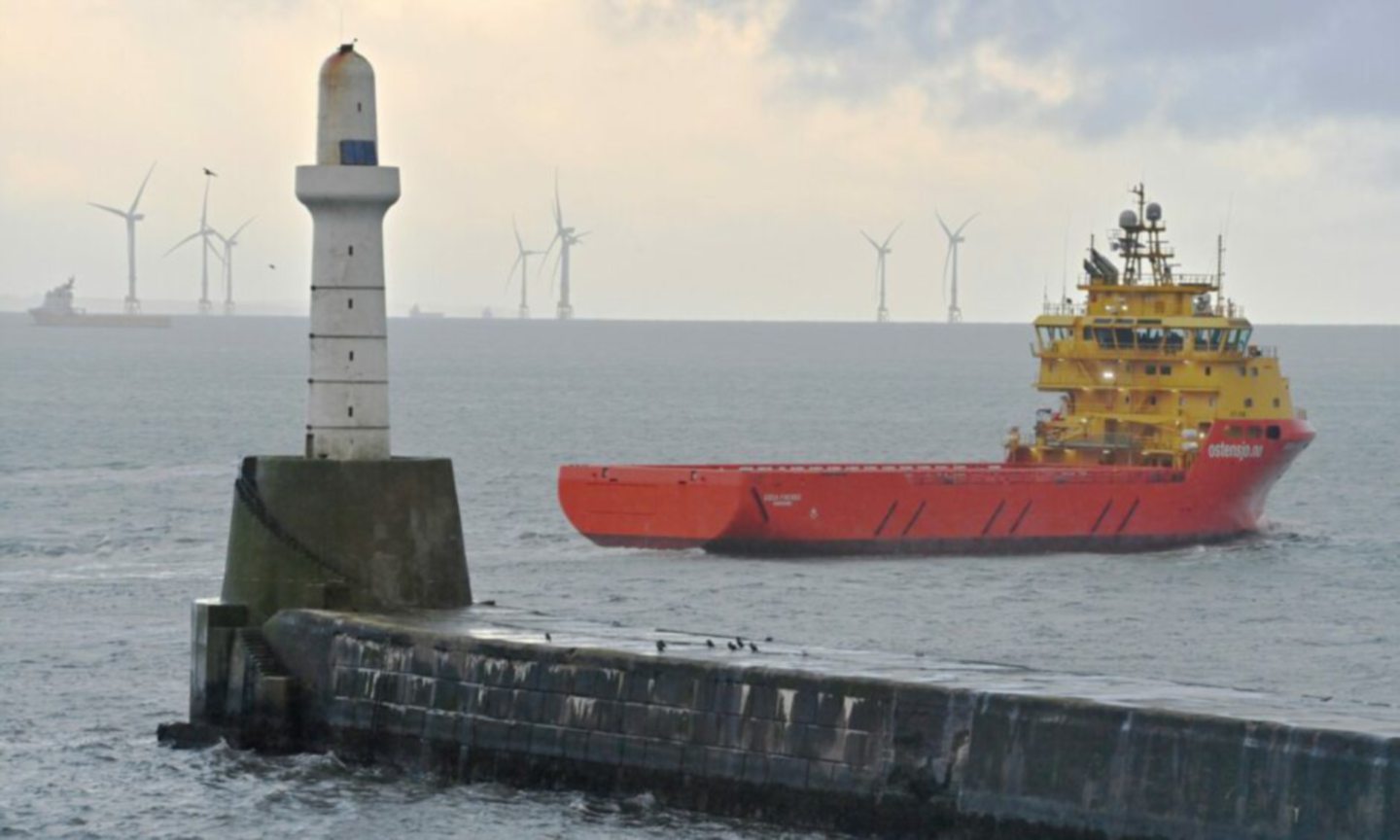
MSPs are demanding the Scottish Government provide “clarity” over the future of a fund set up to help the north east refocus its economy on greener alternatives to oil and gas.
Ministers established the 10-year £500 million Just Transition Fund for the north east and Moray in 2021.
A Holyrood committee has now called on the Government to provide “clarity about the future sustainability” of the fund after its annual funding was cut by 75%.
The fund had been allocated £20 million in 2022-23, its first year of operation, with this rising to £50 million in 2023-24.
However the Scottish budget for 2024-25 has cut the amount of money the fund will receive to £12 million.
Calls for clarity on Just Transition Fund
MSPs on the Scottish Parliament’s Economy and Fair Work Committee said: “This represents a 75% reduction on the previous year’s allocation and raises questions about the fund’s future direction, and the Scottish Government’s stated ambition to accelerate the development of a transformed and decarbonised economy in the region.”
The fund was established to help the north east and Moray – areas which have been dependent of fossil fuels for jobs – move away from these and transition to an economy based around renewable energy.
But with the amount of money for the fund reduced, MSPs on the committee said that “there must now be clarity about the future sustainability of the Just Transition Fund”.
They have urged the Scottish Government to provide them with further information on the “proposed approach for the next eight years of the fund”.
The committee, which has been looking at how the fund is working, also raised “concerns about the type of funding provided by the Just Transition Fund”.
Questions over accessibility
In a new report the MSPs said there were “questions over how accessible the fund actually is, especially for not-for-profit and community organisations”.
The report said: “Given the importance of public sector organisations and community-based projects and initiatives to achieving a just transition, the committee is extremely concerned that they may no longer have access to funding through the Just Transition Fund.”
MSPs called on the Scottish Government to “set out how it will address these concerns to ensure that these vital organisations, small businesses and community-based initiatives and projects will receive support”.
Committee convener Claire Baker said: “The north east and Moray is home to Scotland’s oil and gas production.
“So it is vital for the workers and communities based there that the shift away from fossil fuels to renewables happens in a way that benefits local communities, businesses and jobs. This is a just transition.
“Whilst there is clear ambition from the Scottish Government to support the transition, with a 75% budget decrease in the allocation for the Just Transition Fund this year, it is less clear to the committee how the necessary support will be funded in practice and how communities will be able to stay actively involved.”
Investment in workforce
Ms Baker said the committee was also concerned about the 24% cut in the Scottish Government’s employability budget, and the suspension of the Flexible Workforce Development Fund.
She said: “We have repeatedly highlighted the need to prioritise spending to support skills development in order to encourage business investment and create a workforce for the future.”
Ms Baker continued: “Scotland needs more investment in its current and future workforce.
“Whilst we acknowledge the financial pressures being faced, we must know how the Scottish Government intends to support jobs and build skills for the energy transition.”
A Scottish Government spokesperson said: “The Scottish Government is working to deliver a just transition that will help us meet our climate targets while supporting good, green jobs for our highly skilled workforce.
“As part of this we are committing £4.7 billion in 2024-25 alone to support the delivery of our climate change goals. This is despite UK Government cuts to our capital budget, which is forecast to reduce by almost 10% in real terms over five years, totalling around £1.3 billion.”
 © Supplied by DC Thomson
© Supplied by DC Thomson © Wullie Marr/ DCT
© Wullie Marr/ DCT